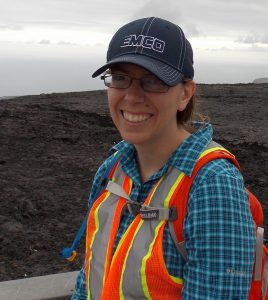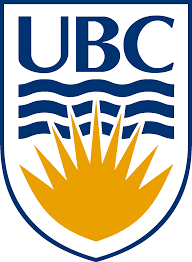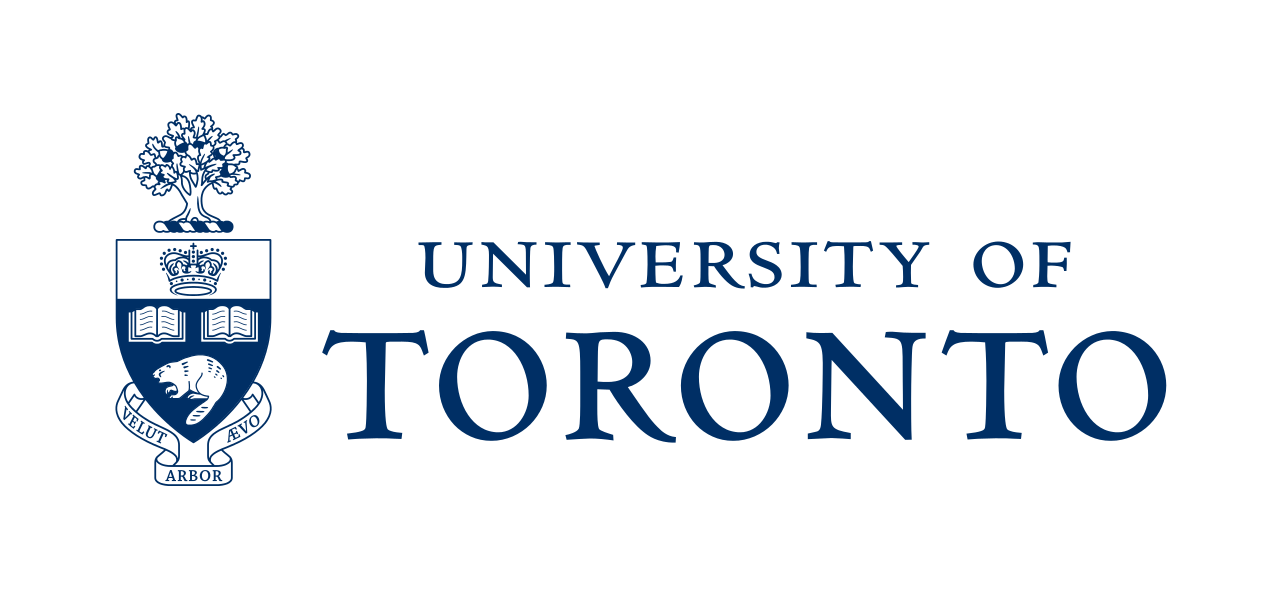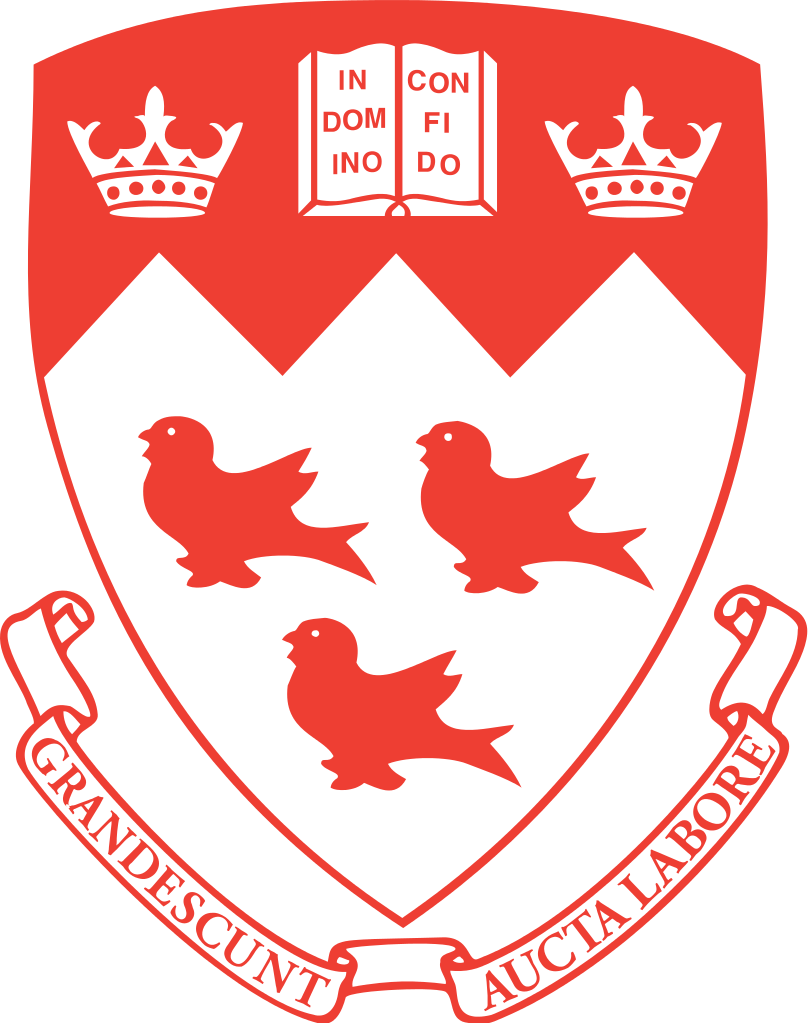
Primary Advisor: Brett Gladman
Secondary Advisor: Lisa Kaltenegger
Dr. Christa Van Laerhoven completed her H.BSc in Astronomy and Physics at University of British Columbia. Currently, she is an independent mature researcher with an impressive breadth of training and good professional contacts. During her undergrad, she rapidly progressed to teach herself basic Perl programming and the basics of an astronomical data reduction package, and these skills were used to later create very high-quality work.
During the early 2000’s, she worked on various projects that involved doing data reductions, verifying candidate Kuiper Belt objects, performing astrometric measurements and other astronomical imaging. Her contributions to these projects are reflected in coauthorship on three papers. Christa also participated in a paper by Hal Levison et al. regarding the orbital structure of the Kuiper Belt objects.
Moreover, Dr. Christa co-authored a paper with Dr. Brett Gladman and Brian Marsden in which she determined the limiting uncertainties on their orbital elements and coded an algorithm. She also contributed in extending the algorithm of Eugene Chiang to even higher resonant order and her work came out in the Solar System Beyond Neptune book.
During her graduate work, Christa was involved in interpretation of multi-planet Kepler systems. Her thesis was focused on studying the secular orbital structure of multi-planet extrasolar systems. Till date, her publications (with various spellings of her last name), have 590 citations and an H index of 10 - a very respectable record for a scientist slightly less than 2 years past her PhD!
Given her established research record in both planetary astronomy and exoplanet science as well as her wide knowledge base in general planetary science, she will be able to interact productively with a wide variety of the TEPS researchers. Her proposed research program is in excellent alignment with the TEPS goals, bridging both the Local Laboratory and Exoplanet Discovery domains.
Relevance to TEPS
The research program will address habitable exoplanet frequencies (for the Exoplanet Discovery theme of TEPS) as well as the detailed orbital structure of our outer Solar System (Local Lab Theme) as a probe of planet formation and migration. Her primary TEPS institute would be UBC, with secondary collaborator being Lisa Kaltenegger (Cornell).







